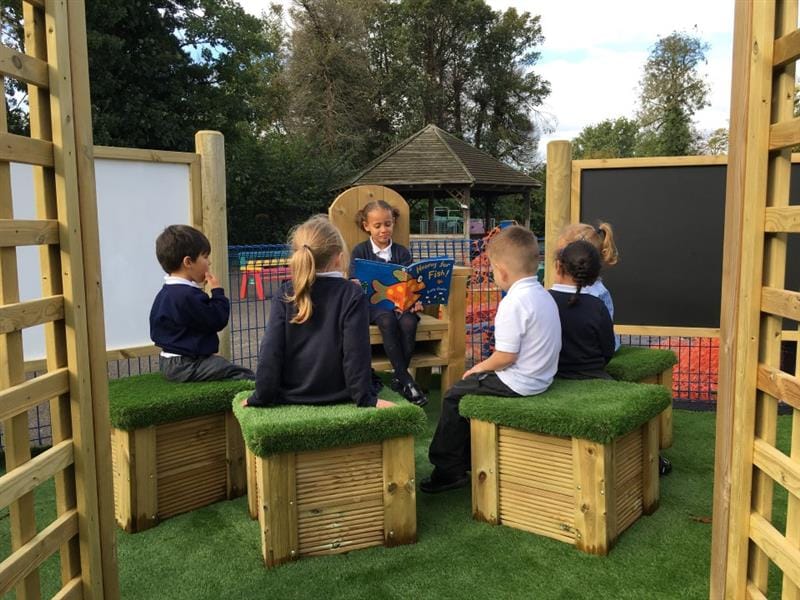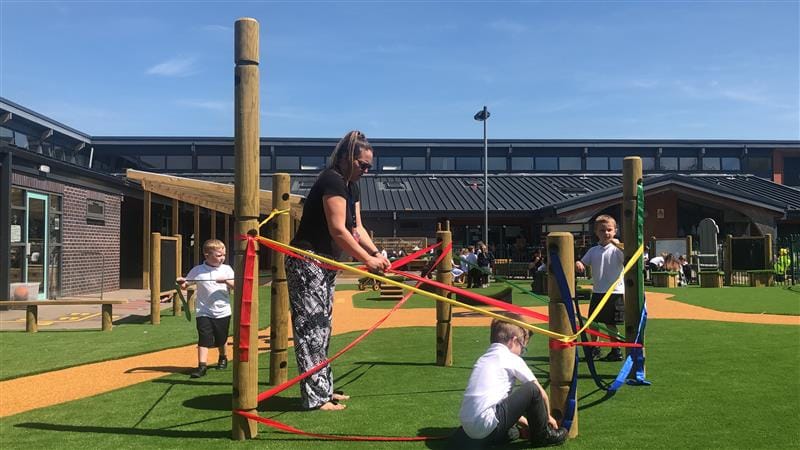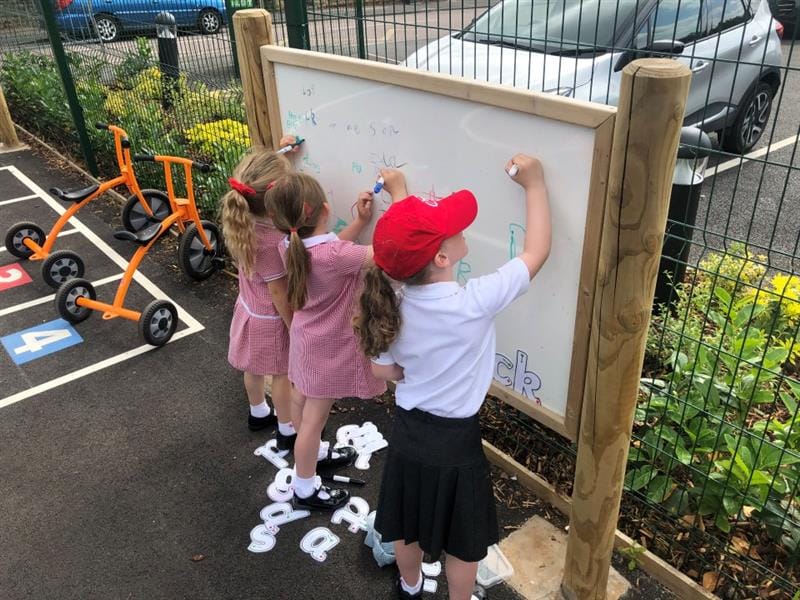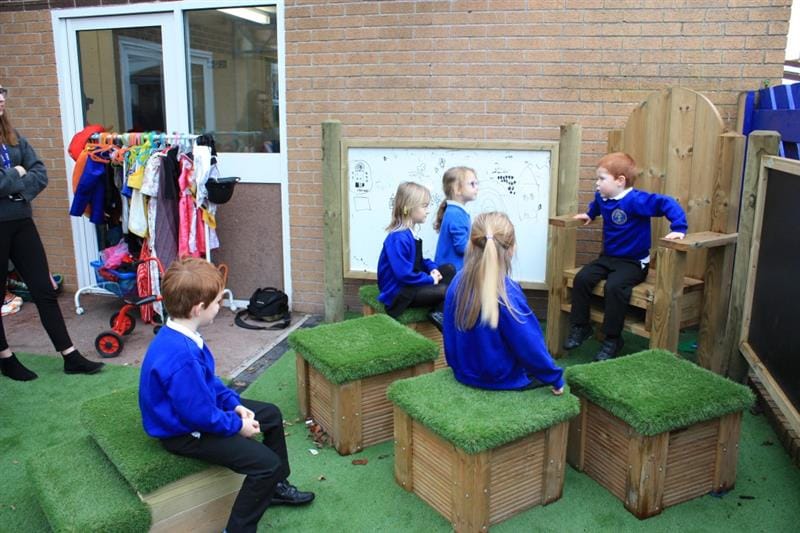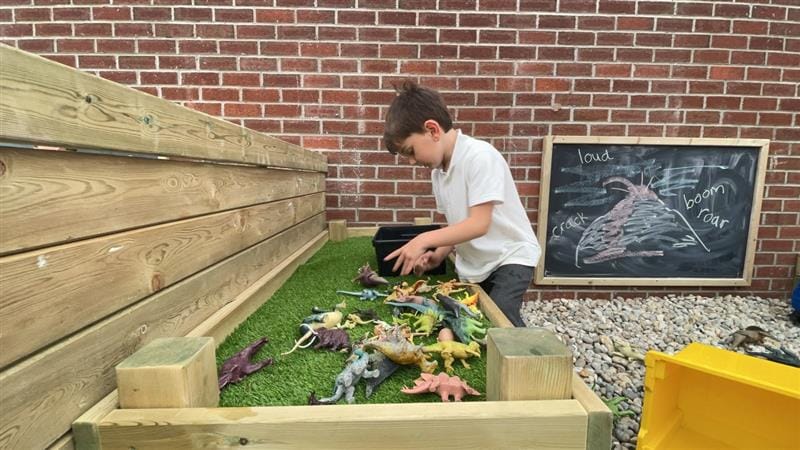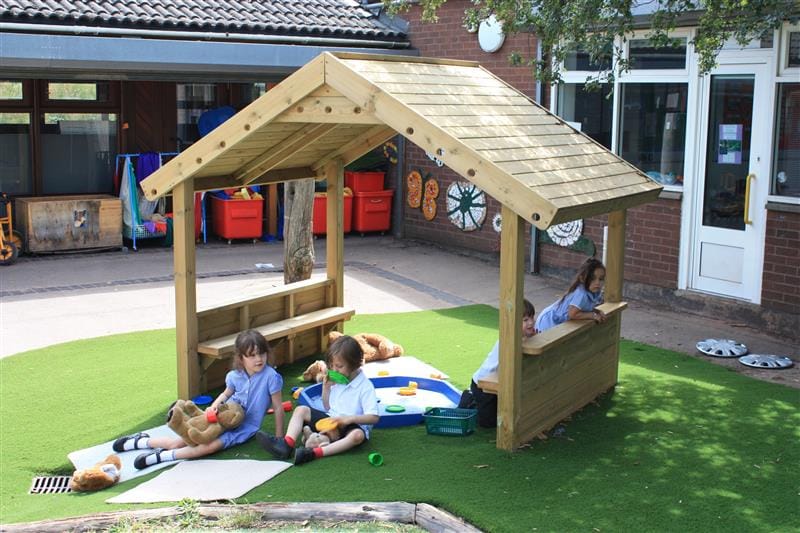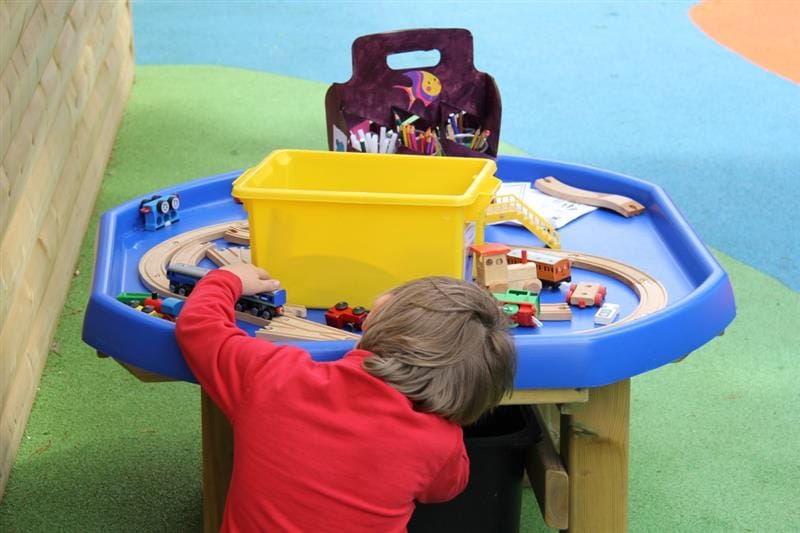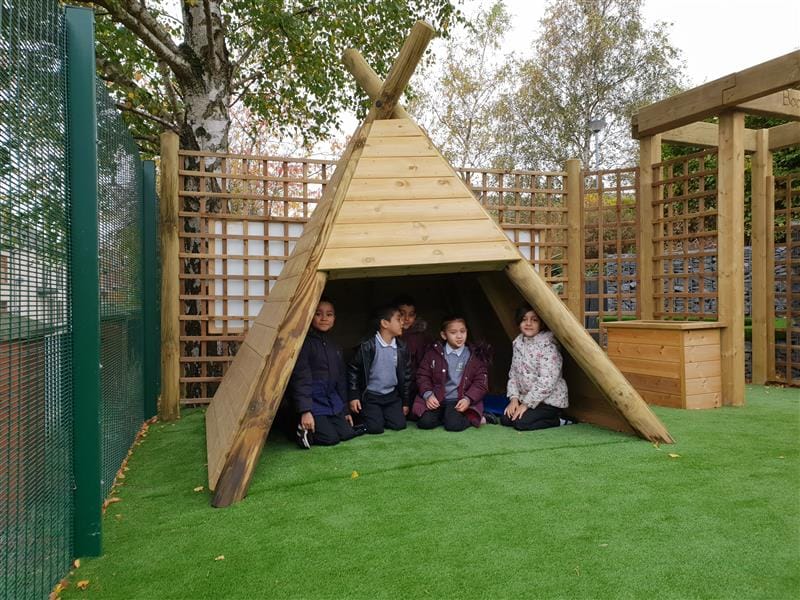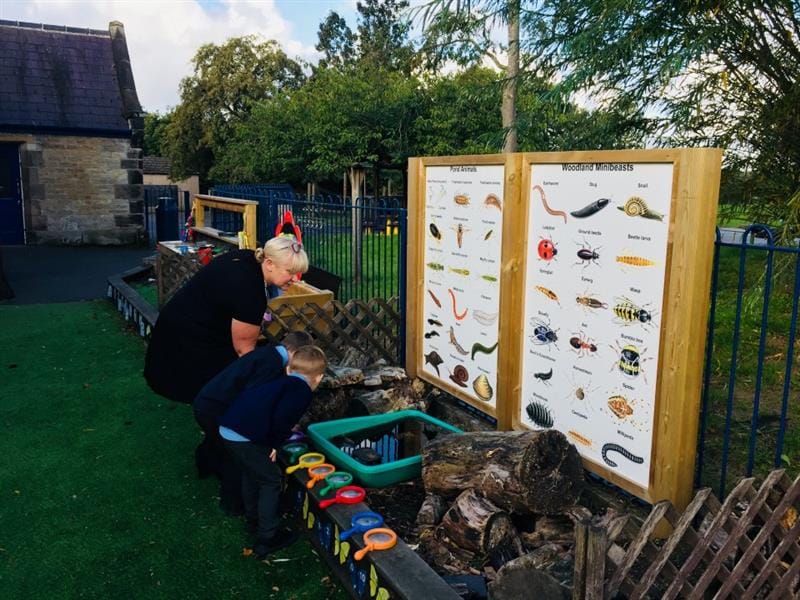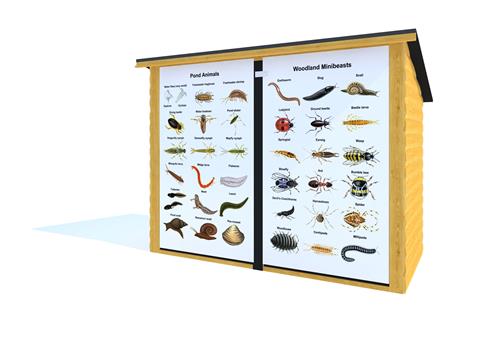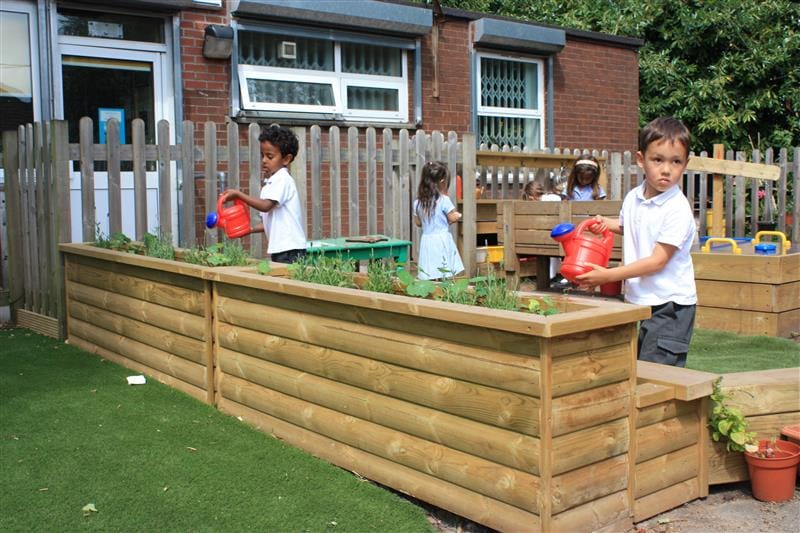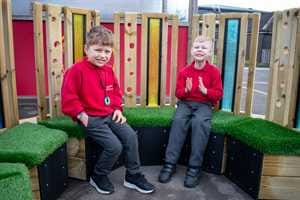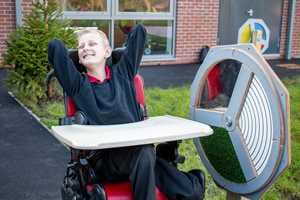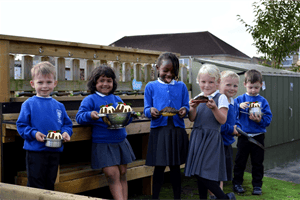
Special Educational Needs
The Importance of Outdoor Play for Children with Special Needs, using Outdoor Play Equipment
Some children with Special Educational Needs and Disabilities (SEND) can
experience difficulties with communication and social skills.
It may be that they have speech and language difficulties or perhaps they may find maintaining friendships due to complex social cues, challenging.
Being in the classroom can also be quite overstimulating for many children, with the hum of the electrics, the scraping of chair legs on the floor, and the bright lights.
This, in my experience, is where the benefits of outdoor learning really come into play.
Taking children out of a classroom environment, into the fresh air can be really useful for giving children the freedom to develop communication and social skills in a stress-free environment through play.
But how do we get the most out of outdoor play when supporting children with their communication and social skills?
What activities can help? And what role do adults have in enabling this skill development outside?
This blog aims to answer all these questions!
The Importance of Play for Special Needs Children
Outdoor play can be ‘free play’ or ‘adult led’ and both ways have their advantages.
Free play enables children to have the autonomy to decide what, where and who they would like to play with!
This can have its benefits for communication skills as children who are engaged in an activity of their choice often have more to tell us
about it!
For example, a child who loves dinosaurs, playing pretend T. Rexes with
their friends, may be more communicative (telling others about the various
dinosaurs etc.) simply because it is their passion and they have things to say about it.
Choosing who they play with may also help them feel more confident to
communicate and may enable them safe opportunities to practice their social skills.
Adult-led play can be fantastic if you’re trying to concentrate on a particular skill set to develop, as you are able to target the skill through the activity.
It can also be more structured, helping those children who feel a bit ‘lost’ when playing outside, unsure what to do with their time.
With social skills, however, we as adults, have to know when we need to take a step back during an activity to enable children to practice their social skills with each other themselves.
I often think a happy medium is setting up activities that children can choose to take part in, that will help them develop key skills. This allows adults to take that step back and observe, whilst remaining on hand for support when needed.
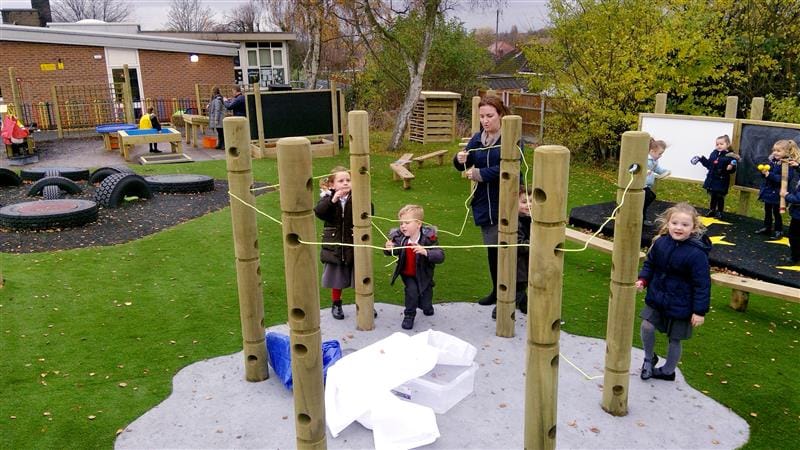
Active Games to play with special needs students
There are so many wonderful activities that children can do as part of outdoor play.
Here are two of my favourites for helping with communication and social skills.
Den building
Construction activities are one of my firm favourites for developing social skills and communication skills.
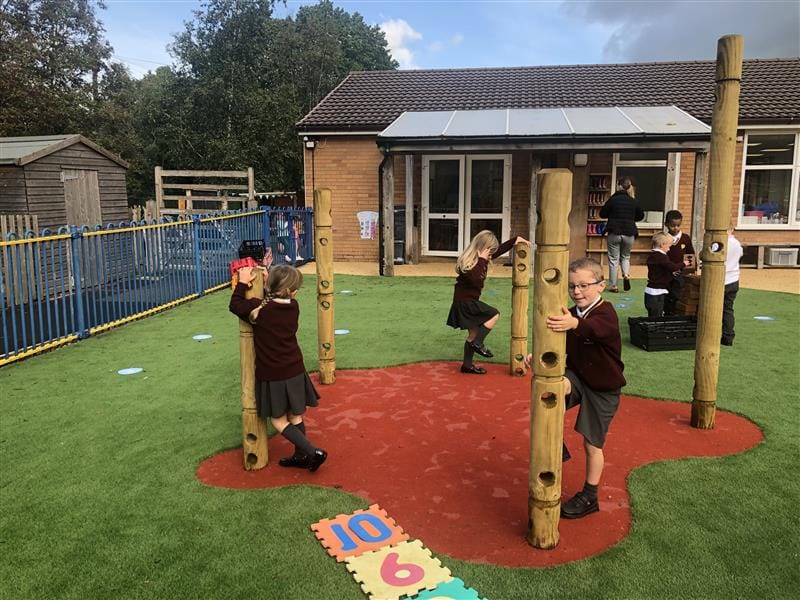
Setting a small group of children the challenge to build a den together, for example, provides them with rich opportunities to practice their teamwork, negotiation and maybe even conflict resolution skills (!) through play.
Children will also need to use their communication skills to get their opinion heard, listen to others, and respond effectively.
Nature hunt
Perhaps the best thing about being outside is also sharing their
space with nature!
Whether it be a flying visit of a friendly robin to the playground or an interesting twig that’s fallen off a tree - encounters with the natural world often spark communication and language from children!
For example, anyone who’s witnessed a squirrel running through the school playground will have definitely experienced the resulting excited chatter and squeals from a primary class!
Harnessing this innate love of nature can be a great way to develop communication and social skills.
Product Spotlight
One such way is to encourage children to take part in a nature hunt.
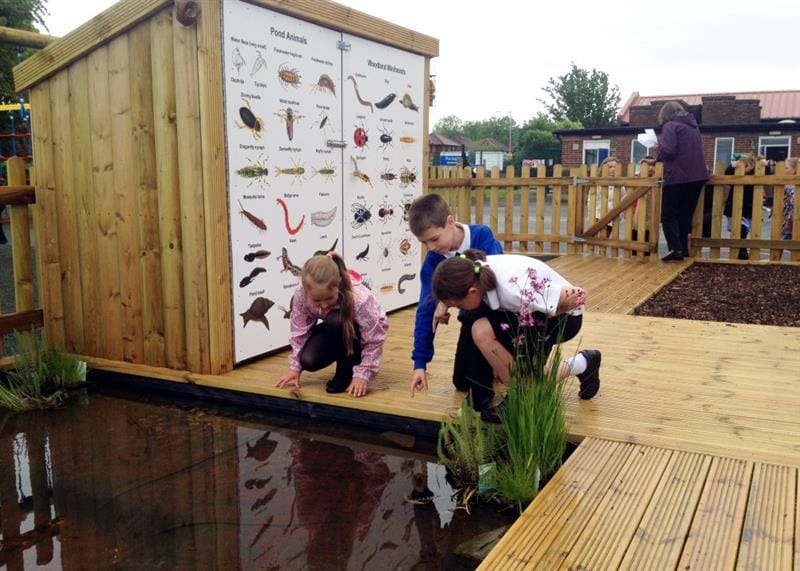
Simply write/draw a list of things to find outside and get them to tick off when they find them.
Using open questions like ‘What did you see?’ and ‘Can you describe it?’ during and after their nature hunt will also encourage language skills.
Help children to develop their social skills by completing this as part of a small team - perhaps even giving them set roles & responsibilities within the team.
Whichever activities you decide to try, being outdoors whilst learning can have huge benefits for children, including those with SEND.
Outdoor play also provides special moments for adults to better connect with their class and get the most out of learning through play.
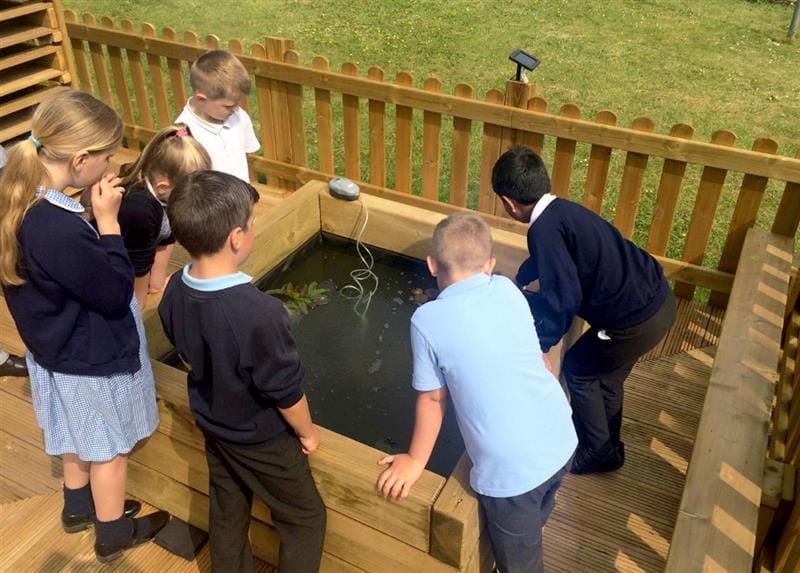
Guest Author: Georgina Durrant is a former teacher/SENDCO and founder of The SEN Resources Blog.
She is the author of ‘100 Ways Your Child Can Learn Through Play’ published by Jessica Kingsley Publishers for parents and teachers of children with Special Educational Needs and Disabilities.
You can check out Georgina's other fantastic blogs and more about her work here: Cheshire SEN Tutor!

